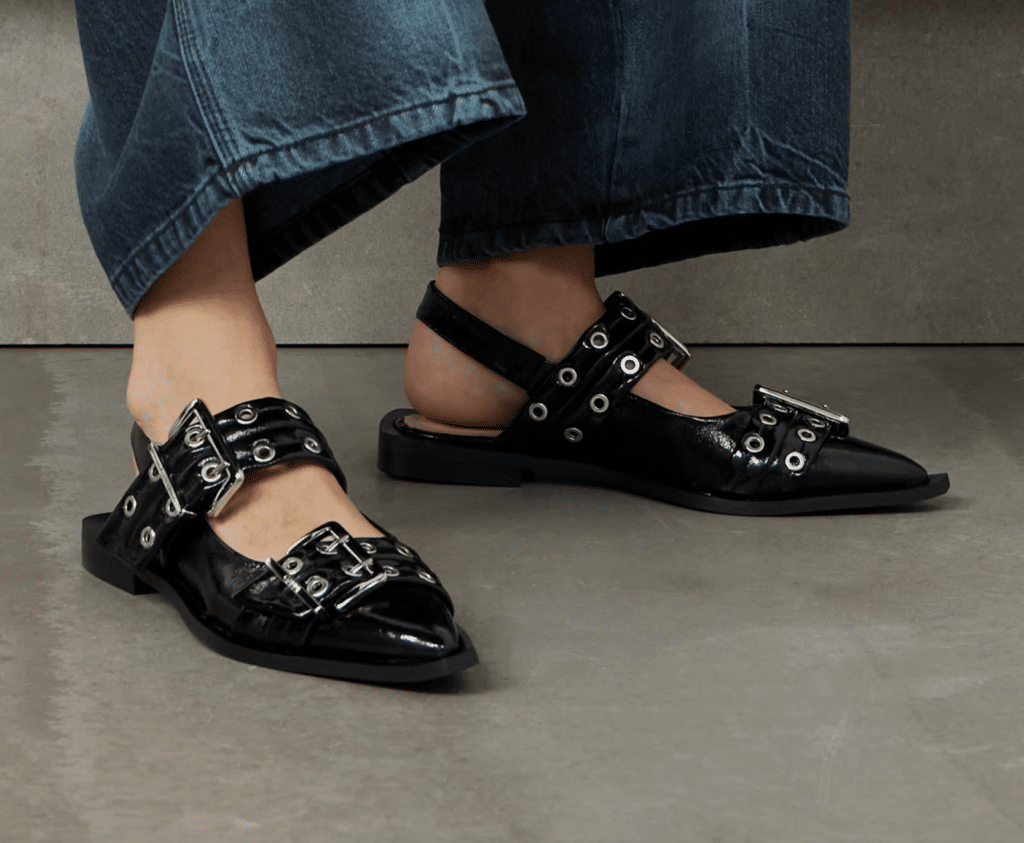Michael Kors claims in a newly-filed lawsuit that it is responsible for “some of the most iconic, world-famous, and recognizable [watches] in the world,” and as a result of the sweeping success of those watches, it has suffered from “clandestine companies and individuals unjustly enriching themselves by distributing cheap unauthorized imitation watches in order to fool unsuspecting consumers and the public.”
According to the complaint that Michael Kors and its watch licensee Fossil Group – the latter of which has been responsible for manufacturing, marketing, distributing and selling Kors’ watch collection since 2004 – filed in a New York federal court this week, the defendants, who are exclusively identified by their Amazon seller identity – Angel Seller – are on the hook for “offering for sale, actually selling, and distributing a significant amount of merchandise bearing counterfeits and infringements of Michael Kors’ distinctive trademarks on watches made and distributed by Fossil,” primarily on Amazon’s marketplace.
Kors and Fossil allege that Angel Seller’s Amazon storefront states that “over the last year, the ‘Angel Seller’ seller has sold over 3,000 items through their Amazon online storefront,” including an array of counterfeit Michael Kors watches, which the brand confirmed by purchasing one of the defendants’ “Michael Kors” watches. The companies claim that “at least three percent of the feedback left for [the defendants’ Amazon] items are negative, with several referencing purchases as ‘fakes,’ ‘poorly made,’ ‘not authentic,’ ‘knock offs,’ or otherwise defective.”
“Despite being put on full notice by Amazon” thereafter and despite being sent a cease and desist letter by counsel for Kors and Fossil, and retaining counsel of its own, “the ‘Angel Seller’ Amazon seller continued to sell [the] infringing [watches],” Kors and Fossil assert.
Due to the differences between Fossil’s authentic Michael Kors watches and the unauthorized ones being offered up by Angel Seller, the plaintiffs argue that “consumers will be confused and disappointed [by] the infringing products,” particularly since Angel Seller is “creating a strong likelihood of confusion among consumers who expect that merchandise bearing marks confusingly similar to the Michael Kors’ trademark is genuine Michael Kors product when it is not.”
More than that, though, Kors and Fossil claim that they “are losing profits from lost sales of genuine product [to Angel Seller], and suffering a loss of enormous goodwill created in the Michael Kors trademarks and in Fossil Group,” which have expended a great amount of resources working to create and distribute the [affordable] luxury line of products.”
The counterfeiting, trademark infringement and dilution, and unfair competition suit, in connection with which Kors and Fossil are seeking millions of dollars in monetary damages and injunctive relief, is the latest in a string of cases to call foul on sellers populating Amazon with counterfeit or otherwise infringing products. To date, very few – if any – of those cases have formally named Amazon, despite the potential attractiveness of an endlessly deep-pocketed defendant.
Amazon’s name has largely been absent from the defendant line as a result of the outcome in the closely-watched case that Tiffany & Co. filed against eBay back in 2004 as a result of the sale of counterfeit Tiffany merchandise on eBay.
Following an unfavorable outcome for Tiffany & Co. before the district court, the famed jewelry company appealed to the U.S. Court of Appeals for the Second Circuit, which sided with eBay in decision in 2010, holding that the marketplace website was not liable for direct or contributory trademark infringement for the sale of counterfeit Tiffany goods by third-party sellers on its site, and stating that eBay had taken the necessary steps in order to combat infringement (namely, maintaining a notice and takedown function, a fraud prevention program, actively pursuing counterfeit sellers, etc.). The court ultimately held that the duty falls in the trademark holder to police its mark.
*The case is Fossil Group, Inc. and Michael Kors, L.L.C., v. Angel Seller, LLC and John Does 1-5, 1:20-cv-02441 (E.D.N.Y.).











